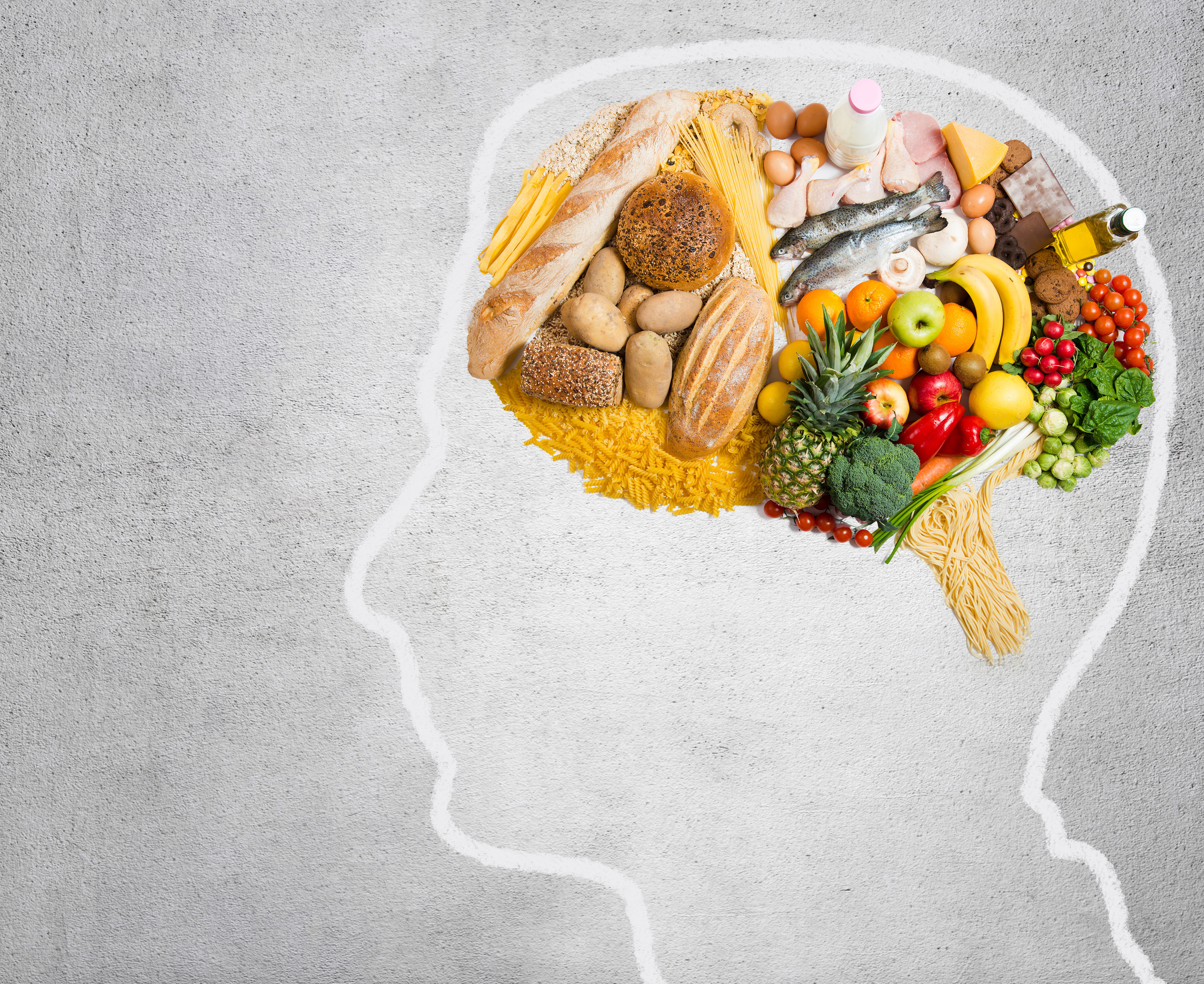
Zinc: What it does for the body, and the best food sources

Respiratory health harms often follow flooding: Taking these steps can help

Tips to leverage neuroplasticity to maintain cognitive fitness as you age

Can white noise really help you sleep better?

Celiac disease: Exploring four myths

What is prostatitis and how is it treated?

What is Cushing syndrome?

Exercises to relieve joint pain

Think your child has ADHD? What your pediatrician can do

Foam roller: Could you benefit from this massage tool?
Mental Health Archive
Articles
Getting stuck in long-term grief
In March 2022, the American Psychiatric Association added "prolonged grief disorder" to its official list of diagnoses. The diagnosis applies to bereaved adults who continue to experience intense grief more than a year after the death of a loved one. Someone with prolonged grief has a daily yearning for the loved one or is preoccupied with thoughts of the loved one to the point that it interferes with daily life. The diagnosis also requires additional symptoms, such as difficulty re-engaging in life or emotional numbness. The condition can be treated, and healing is possible.
Could anger and depression raise the risk of afib?
Psychological issues such as anger, anxiety, depression, and work stress are associated with a greater likelihood of the heart rhythm disorder known as atrial fibrillation, according to a 2022 study.
Apps to accelerometers: Can technology improve mental health in older adults?
The adoption of technology has grown rapidly among older adults, and with it have come potential benefits to mental health, daily functioning, and quality of life. Those who want to help an older person in their life might suggest one of the many options available.
Tapering off antidepressants sensibly
People taking antidepressants may have many reasons for wanting to discontinue the drug. They may feel they no longer need the medication or decide they cannot tolerate side effects. A doctor should guide the process of tapering off antidepressants. The chance of depression recurrence is higher for people who take antidepressants long-term and stop abruptly. Withdrawal symptoms can make the tapering process uncomfortable, but it's generally not dangerous.
Doing multiple types of activities improves cognitive health
Studies have shown that doing any one of certain activities, such as staying physically active and maintaining social ties, helps maintain brain health in older adults. A new study suggests that participating in multiple kinds of these activities, several times a week, may help even more.
The little things that can improve your health
In addition to major healthy lifestyle habits, such as exercising and eating a healthy diet, it's important to practice lots of little healthy habits throughout the day. Some should be observed every 30 minutes, such as taking a quick activity break and drinking a little water. Other habits, such as having a healthy snack or using eye drops, can be done every few hours. And some healthy habits help if practiced even just once a day, such as learning something new, chatting with someone outside of the household, or meditating.
Spotting memory loss in a loved one
It can be hard to detect a potentially serious type of memory loss in a loved one, especially if small cognitive changes occur over time. It may help to note memory slips that happen consistently or those that seem uncharacteristic for the person. Tracking incidents on a calendar may also help reveal patterns. Potential incidents include consistently forgetting a close family member's name, important conversations, words for everyday objects, bills that are due, medication times or doses, or routes home from familiar places. Other common issues are frequently having trouble at work, making financial mistakes, or taking medications incorrectly.
Do blood tests really help diagnose Alzheimer's disease?
In May 2022, the FDA approved a blood test to help diagnose Alzheimer's disease. The test looks for amyloid-beta protein, a marker of Alzheimer's. The blood test is quite accurate, compared with positron emission tomography (PET) brain scans, which are more expensive and complicated. More blood tests, including some that look for tau protein (another marker of Alzheimer's), also are under development. Other tests used to diagnose Alzheimer's include computed tomography (CT), magnetic resonance imaging (MRI), and a spinal tap.
Can music improve our health and quality of life?
Humans' relationship with music is complex and individual, and there are times when music can have a clear and immediate impact on our well-being. Music therapy uses music as a therapeutic tool to address certain health care goals.

Zinc: What it does for the body, and the best food sources

Respiratory health harms often follow flooding: Taking these steps can help

Tips to leverage neuroplasticity to maintain cognitive fitness as you age

Can white noise really help you sleep better?

Celiac disease: Exploring four myths

What is prostatitis and how is it treated?

What is Cushing syndrome?

Exercises to relieve joint pain

Think your child has ADHD? What your pediatrician can do

Foam roller: Could you benefit from this massage tool?
Free Healthbeat Signup
Get the latest in health news delivered to your inbox!
Sign Up











